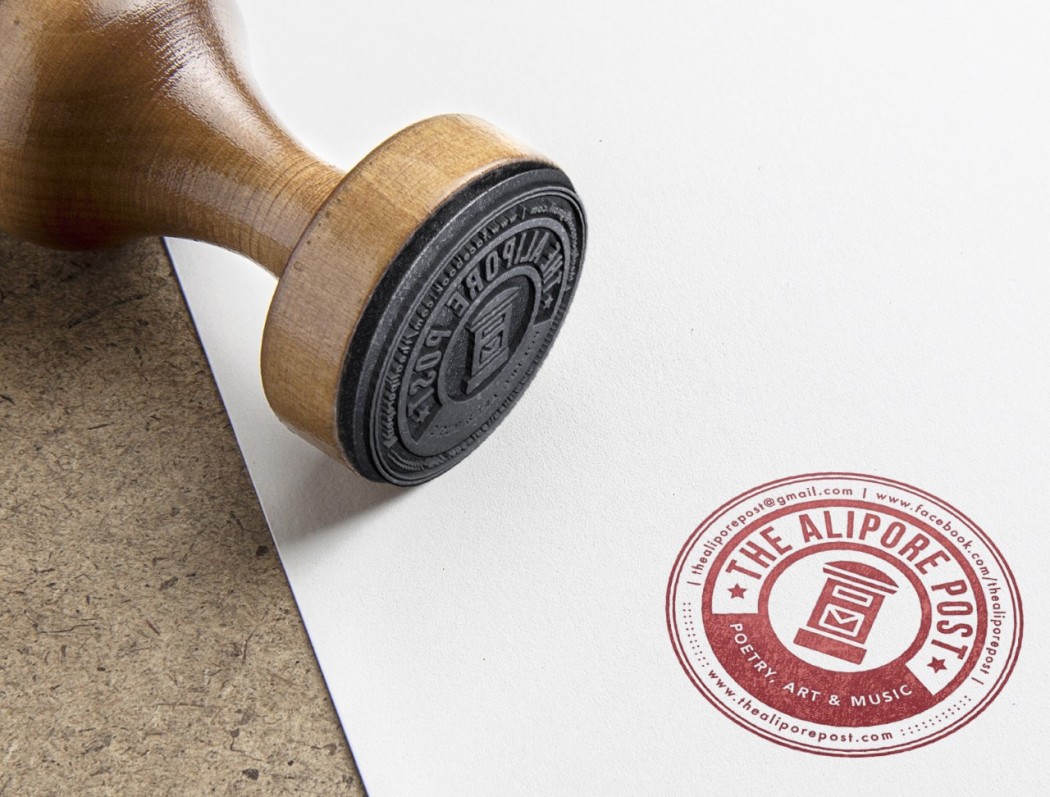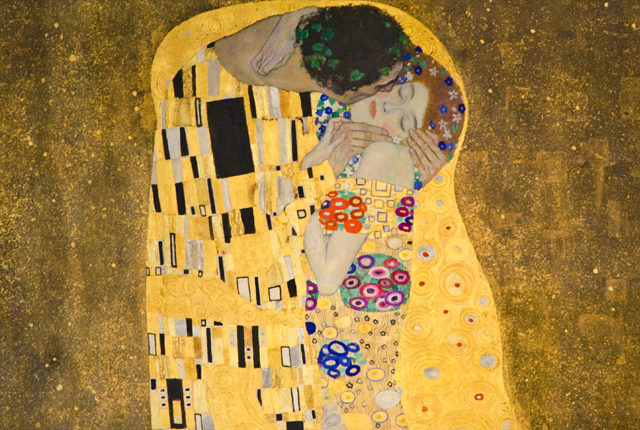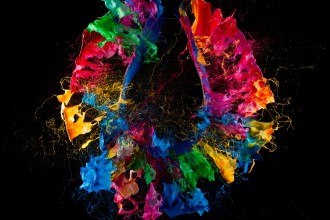Rohini Kejriwal of The Alipore Post writes for The Yellow Sparrow on curation, inspiration and advice. Read on for her insights that’ll hopefully rouse you as much as they did us.
Sometimes it is the smallest thing that saves us: the weather growing cold, a child’s smile, and a cup of excellent coffee.
Jonathan Carroll
Although I can’t think of a distinct, defining moment in my life when I realised I would be actively interested in curation, I have always tried to thrust things I’m passionate about at others who would be able to appreciate them the way I did. Simple things—like lending books and CDs, or making sure that people tried Corner House hot chocolate fudge and visited Blossom while in Bangalore—just became a part of who I am. This is, in many ways, what curating means for me.
I’d say the three most inspiring things in my life would be
1) Taking a great dump,
which has been a revelational experience for me several times
2) Words,
in any form: books, articles, stories, conversations, or poetry
3) The Internet,
which contains essentially all the wonders of the world.
The Internet, such an easy way to expose myself to all kinds of unheard, unseen experiences as it is, must be given due credit. Some would say that I’m slightly addicted to art and information, and taking in more than I myself produce but, while I wish I wrote more than I do, I am thoroughly absorbed in exploring the infinite resources at my disposal. When I started The Alipore Post over a year ago, I did not think of myself as a curator nor did I imagine I would be doing something people enjoy and allow to be a part of their life. There’s considerable trust involved in allowing somebody to email you poetry, art, music, articles, and other interesting links, every morning, but from day one, it has been a pleasure to curate such a newsletter.
There isn’t much to be said about the ‘art of curation,’ for it is a very personal process, one that cannot be ruled by any specific structure or convention, in my humble opinion. It is a question of individual taste and opinion; but, while anything creative is extremely relative, some things are just not worth refuting, like the genius of The Beatles, or O Captain! My Captain! by Walt Whitman being the poem that it was and forever will be, or the sheer beauty of Gustav Klimt’s The Kiss. Assorted and diverse as these examples may be, a good curator will always incorporate the true best, while leaving space for the new.
In the case of The Alipore Post, unlike that of a gallery curator, the scope for sharing is considerably broad, since it isn’t a constant search for finding evocative contemporary art, poetry or music, but incorporating the past in all its glory. There is no point in looking forward without looking at what the past has had to offer, shaping all that is created today. The curation process then includes listening to entire discographies of bands and maybe even saving hundreds of ancient oil paintings from the Museum of Modern Art archive, which is quite a wonderful way to spend time learning the difference between ‘good’ and ‘bad’ based on the curator’s own parameters. Any amount of time spent on this is constructive and well worth it. I’d warn as well as advise this to any budding curators, who will likely get sucked for hours into a world of beauty and art and everything in between, most often without their realising it.
The role of a curator is overwhelming, for it is ever-evolving and expanding. As you push the limits of knowledge and fuel the curiosity driving you down this path, what you get in return makes it all worth it, with moments when perfect strangers write back just to say they enjoyed something you shared, and that it struck a chord with them. That feeling is all-too-special, and hard to describe in words. It suffices to say that the interactions through curating are unlikely and often wonderful, when you know that you have been the middleman bringing the creator to every person who has experienced that work because of and through you.
The joy of curating also intensifies when there are others around and out there whose curation you trust and respect, who see curation as a duty of sorts, and who share a similar understanding of the creative world. Peter Nidzgorski’s online art scrapbook This Isn’t Happiness, Poking Smot, Christopher Jobson’s Colossal, The Jealous Curator aka Danielle Krysa, and Amir Fallah and Jay Littleton’s Beautiful/Decay have all been instrumental in showing me the impressive, exhilarating world of art and design beyond my imagination; innumerable people I have met who were natural DJs are to be thanked for introducing me to the best music; and the same goes for books, websites, places, and everything else that I may never have encountered on my own.
Of course, beyond all this, one’s own need to grow and explore is what really makes a curator. In some ways, the only advice I really have to offer, if you’ve made it to the end of this rather long and winding article, is to just be yourself. Experience everything that comes your way. Understand your own version of ‘good’ and ‘bad.’ Open yourself to inspiration (hint: it’s everywhere). Maybe you’ll feel the urge to start your own newsletter someday, and regardless of how many subscribers you have, you’d begin your journey as a curator. That must count for something, right?














